Bright lights. People speaking loudly. Plates and silverware clattering. There’s too much occuring around her. Eyes going in and out of focus, a dizzy feeling overtakes her; everything begins to become blurry and her body is unable to relax.
At the age of 7, senior flute section leader Alyssa Longoria was diagnosed with Tourette’s syndrome, where she would have mild motor and vocal tics. During the summer of 2018, her situation worsened and she developed more complex tics and focal seizures. Those factors pushed her to make the decision to see a new neurologist.
“It wasn’t a big problem so I never went back [to the neurologist] until the beginning of my junior year when my tics started to get really bad and painful,” Longoria said. “It got so bad I would stutter because I was stuck; my arms, legs and hands also got stuck in a tic sometimes and I would need to wait until I could relax.”
Several hours of EEG’s and MRI’s later, the neurologist was still unsure of Longoria’s exact diagnosis. However they did determine Longoria did not have Tourette’s syndrome but a similar neurological tic disorder.
“I don’t know what I have 100 percent yet, so in April I’ll be going to the hospital for three days for more testing,” Longoria said. “I’m not done testing and I probably won’t be for a long time.”
Longoria’s friends and band directors are one of her most significant support systems. They’re always there to make sure she’s all right and encourage her when her health worsens.
“I actually didn’t find out [she had a tic disorder] until she said something to me about it,” sophomore flute player Allison Durocher said. “I was a little shocked because I always looked at her as an example and I could never tell. Alyssa faces many challenges with her disorder and to see her push through it and not let it defeat her is super inspiring.”
Even with the support of her friends, band’s marching season brought countless challenges that worried Longoria. Band involves strict movements, so she wasn’t sure if she would be able to match what everyone else was doing.
“I remember when [my neurological disorder] first became a problem I was so worried about not moving because in marching band, it’s all about moving together and if you’re not moving, you literally can’t move at all,” Longoria said. “But the directors said I’m more important than any scores on a paper.”
Though the band directors know Longoria is capable of performing the same tasks as any other band student, they are aware of her circumstances and allow her to take breaks if she needs to.
“She does a great job with it and hasn’t let it affect her quality of performance [or] preparation in band,” assistant director Christopher Agwu said. “She has developed into more of a leader and is also very caring and compassionate. Not many people her age posses that many positive qualities.”
After being involved in band since sixth grade, Longoria was not ready to give up her passion for music because of her medical issues. Although Longoria faces multiple challenges during marching season, she continues to push past them with a positive attitude.
“During marching season there isn’t a lot of opportunities to get a good night’s sleep so band did make things worse for my situation, but I could never stop,” Longoria said. “I just pushed through and told my mom ‘It’s fine; it’s my last year [in band].’”
Being section leader also brings stress to Longoria, but regardless of the stress, she strives to always be there for her section. Longoria makes sure all the people in her section feel included and she’ll go out of her way to help others.
“I wish people didn’t assume that she can’t be successful in marching band because of her condition,” Durocher said. “She sets a great example for everyone and she tries as hard as she can to not let her disorder affect her marching.”
Longoria is content to a part of the band that has become her second family. Her respect for the program has grown throughout the past four years and she couldn’t imagine what high school would’ve been like without it.
“No matter what my situation was, I was dedicated, had fun and was part of an amazing program with the [people] I love,” Longoria said. “I had to push a little more and got hurt a little more but that isn’t what’s important. I went through the exact same thing everyone else did. I don’t see myself as different, just a little more banged up.”


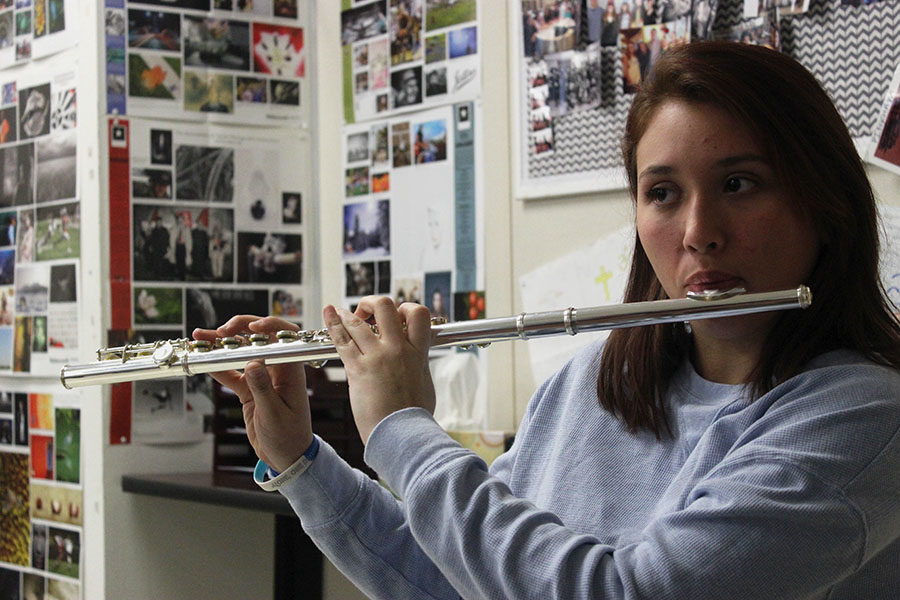
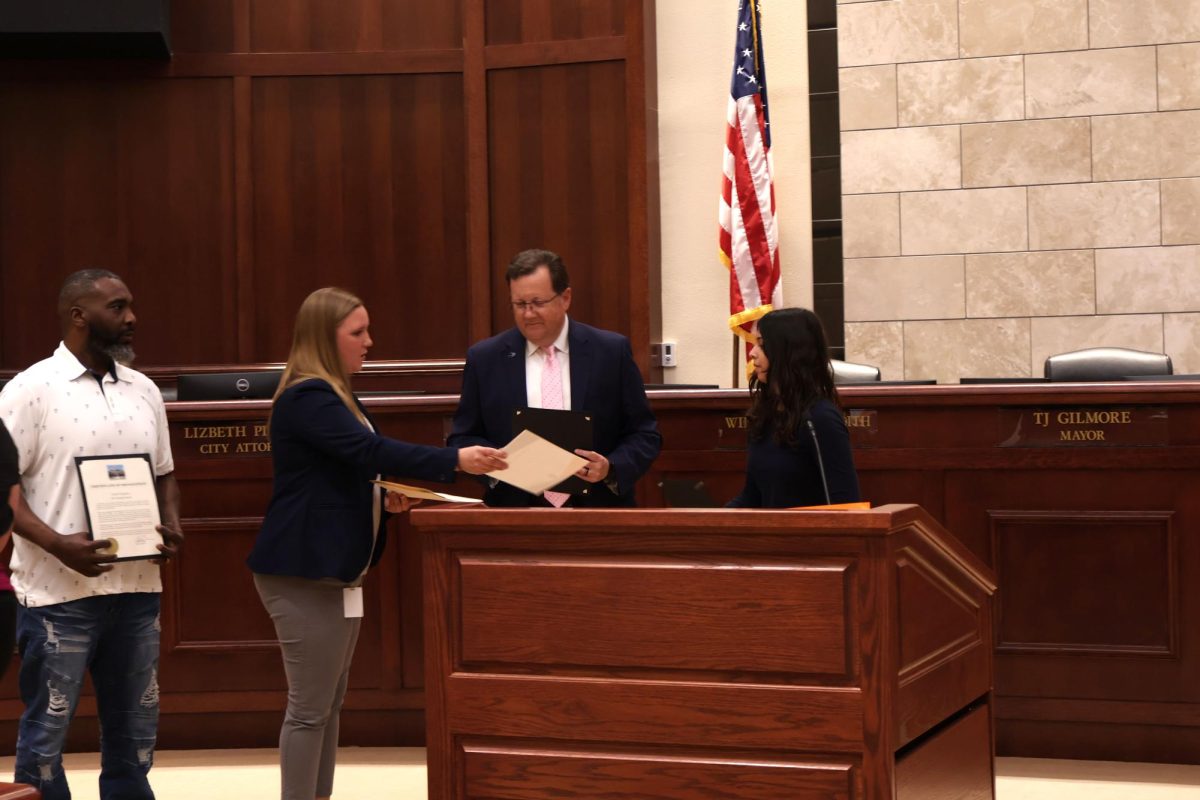
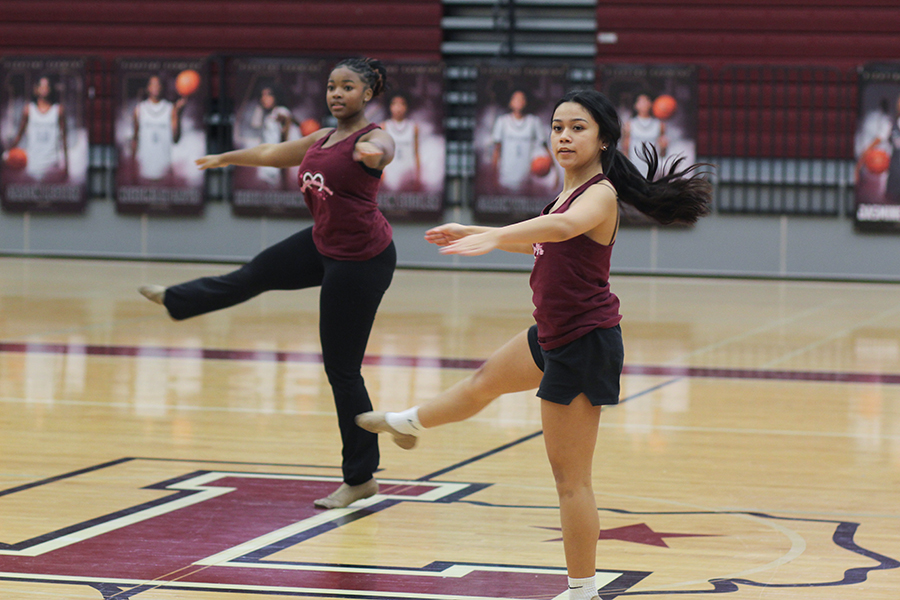


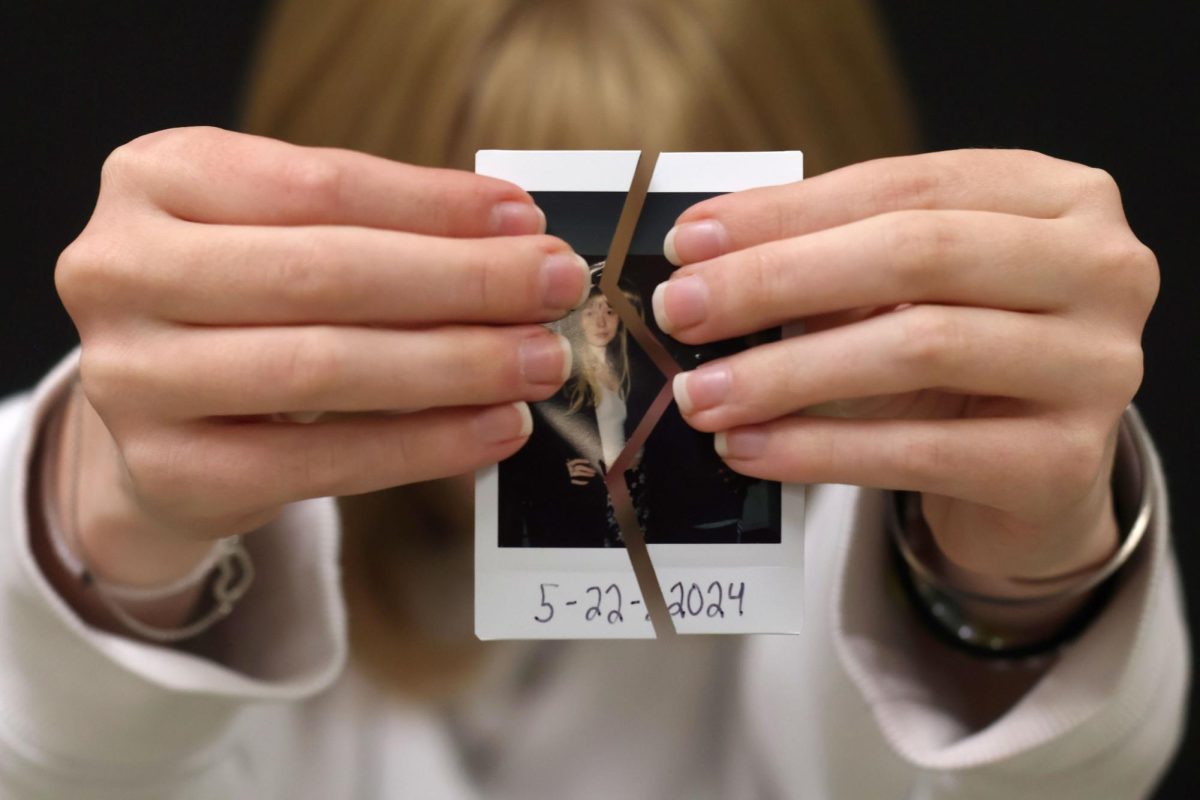

!["I hope to become fond [of] and understand the new dynamic of a life where I don't really have boundaries set by another person, but rather more of a liberal freedom."](https://farhar.net/wp-content/uploads/2025/05/topten9.jpg)

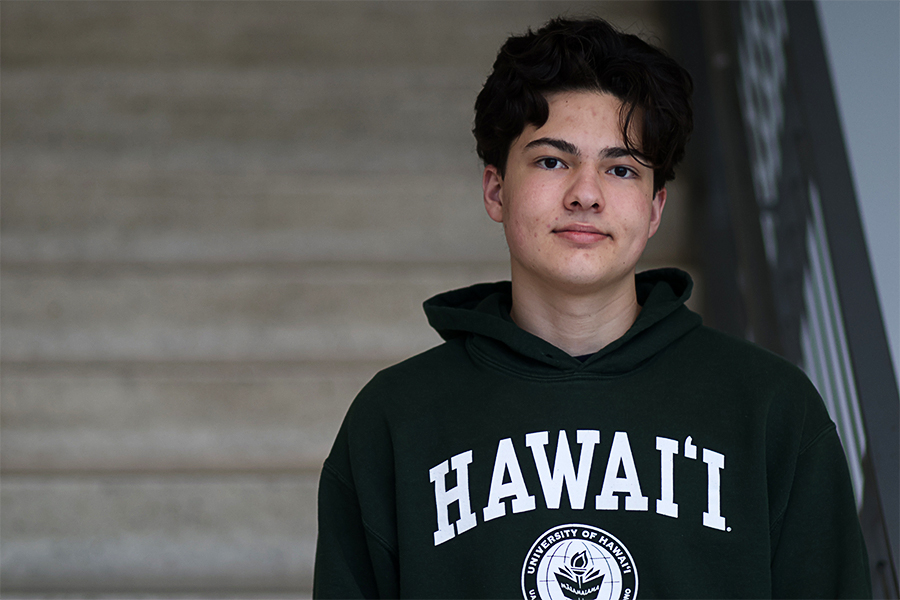


!["Learning is a really important aspect of high school – that's why we're here. I think the whole top ten thing can also encourage somebody [to] focus on grades and not the actual learning."](https://farhar.net/wp-content/uploads/2025/05/topten6.jpg)
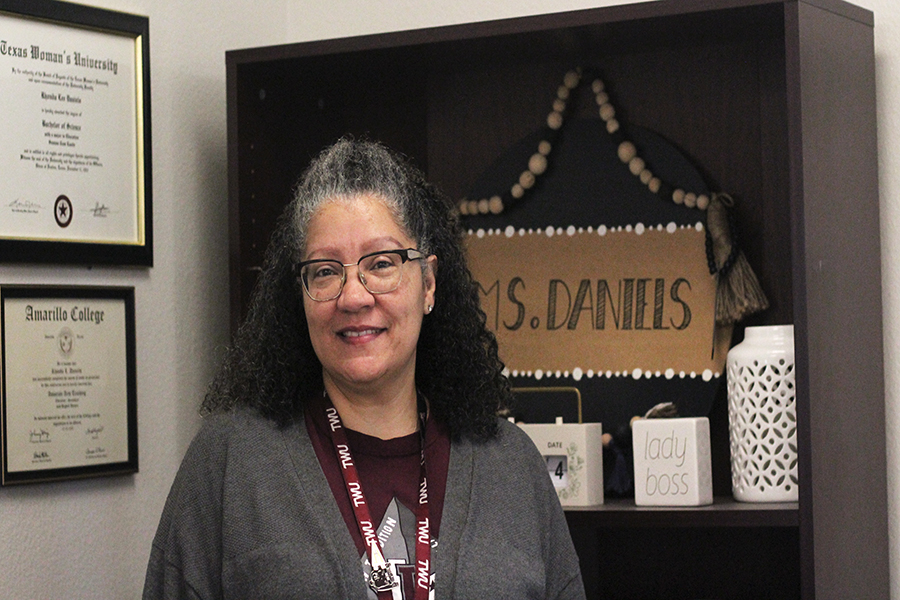

![“The feeling I get is a sense of accomplishment knowing I managed to make at least one person happy by collecting,” Blake said. “Knowing what we collect and [who] it goes toward – people get a sense of accomplishment from that.”](https://farhar.net/wp-content/uploads/2024/12/BLAKE.IMG_9951.jpg)




